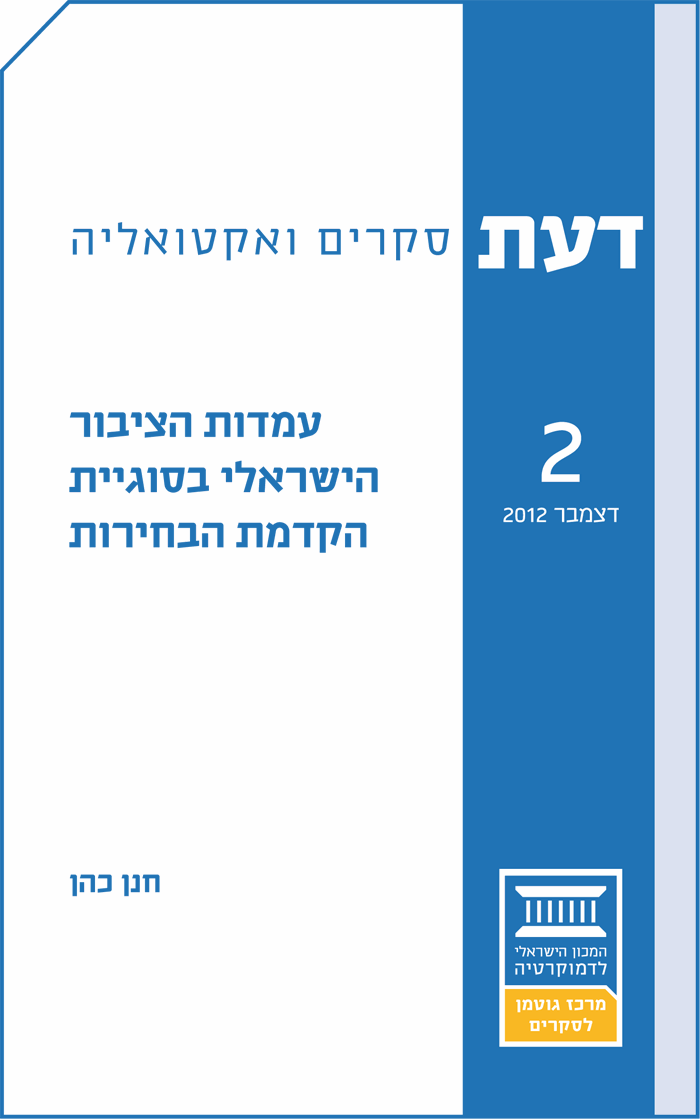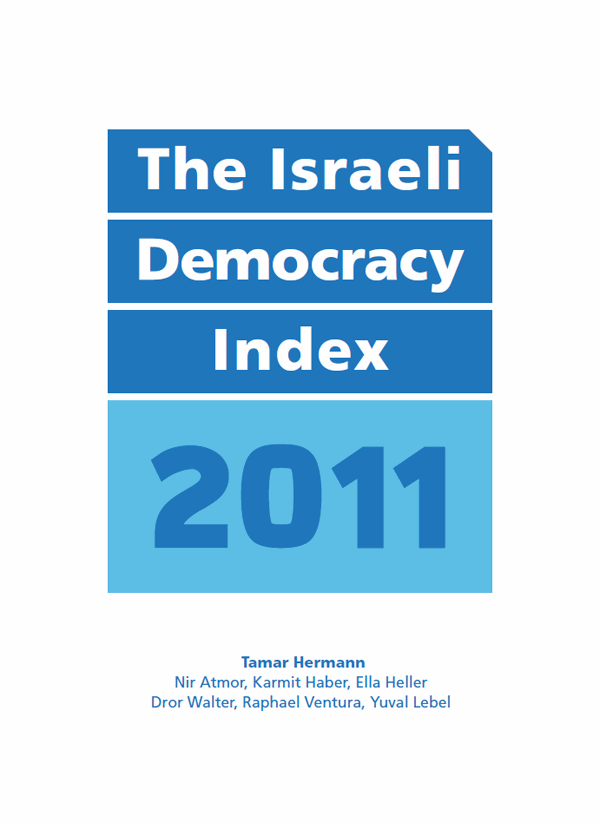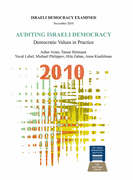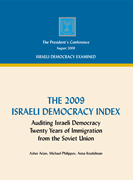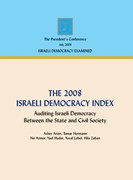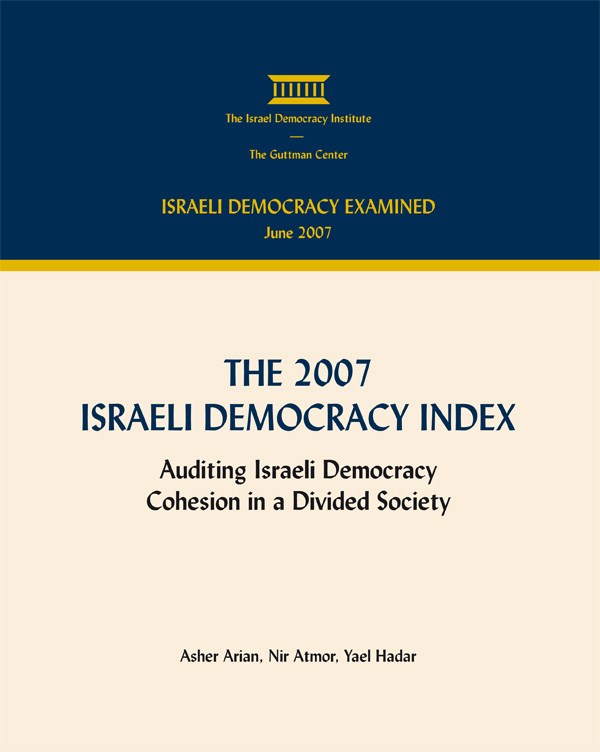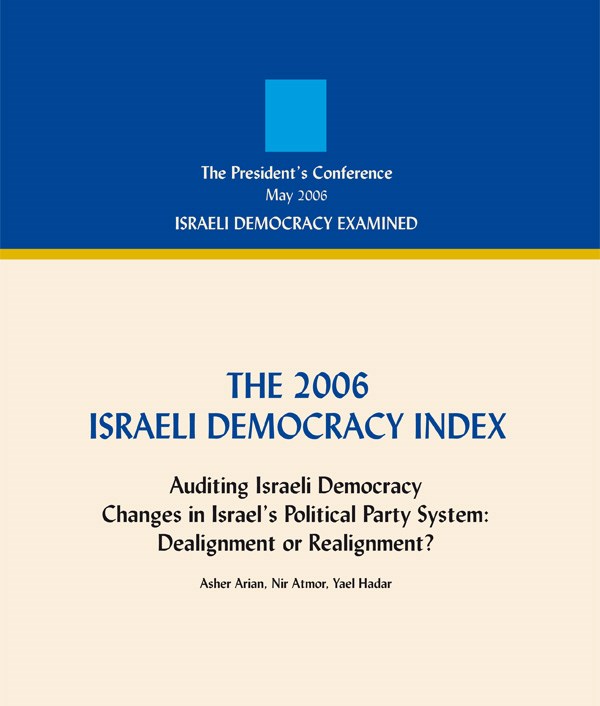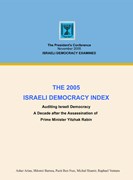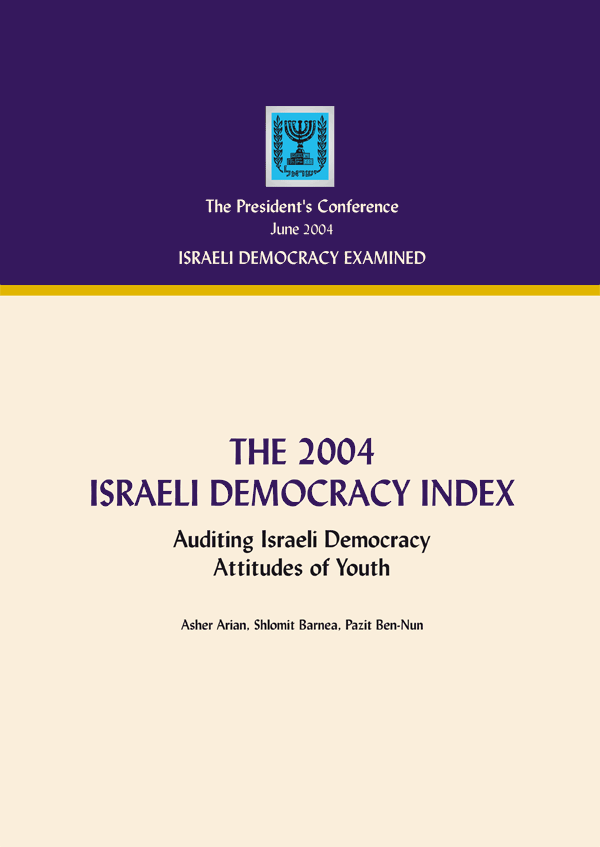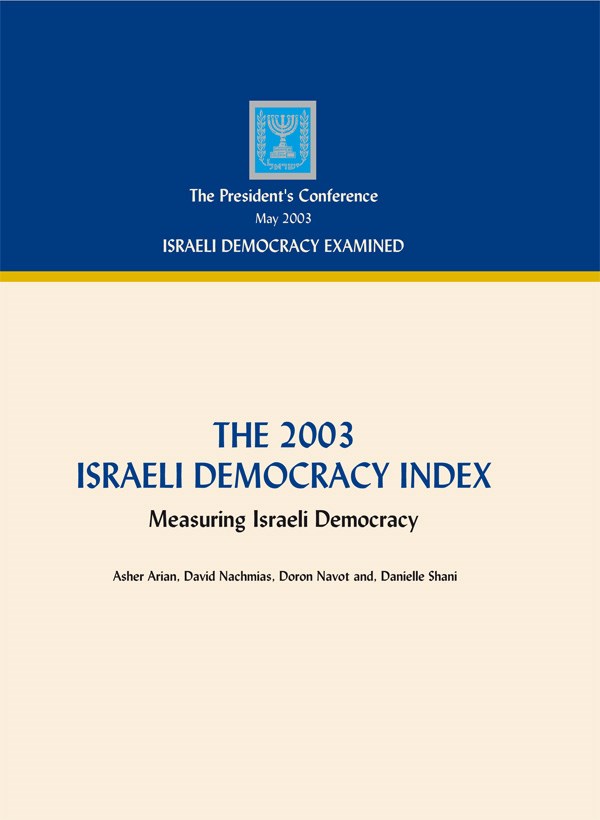

Publications Regarding stability
Articles

In a World Turned Upside Down, Israeli Politics is Business as Usual
Written By: Prof. Ofer Kenig, Dr. Dana Blander
The events of October 7, the judicial overhaul, continuous war, murderous violence on the streets, a spiraling cost of living—none of these have been enough to destabilize the coalition. Will it be the conflict over drafting yeshiva students that ultimately brings down the Netanyahu government?

Everything You Need to Know About Dissolving the Knesset
Written By: Dr. Assaf Shapira
What is the process and timing involved in dissolving Knesset and initiating elections? What happens between a Knesset dissolution and the forming of a new government? Is Israel's process typical compared to other countries? All your questions answered about dissolving Israeli Knesset.

Israel's Electoral System Prevents Accountable Governance
Written By: Dr. Assaf Shapira, Yaniv Roznai
In the system of democracy currently in place in Israel, Knesset members represent the public. This is indisputable. However, the ties between the public and its representatives are very weak.

Fixing the System: A New Look
Written By: Prof. Gideon Rahat
The current political instability is the result a breach of accepted rules of the game that are based on assumptions about the nature of politics—and even of human nature.

Five (Elections) in Less Than Four (Years)
Written By: Prof. Ofer Kenig
Israel is about to hold its fifth election in less than four years. With elections taking place every 2.4 years, this places Israel first in the world in terms of frequencies of elections since 1996.
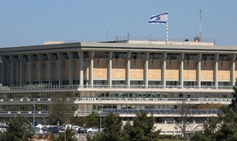
Behind the Dissolution of the Knesset
Written By: Dr. Assaf Shapira
What majority is required to pass a law to dissolve the Knesset on the various readings? After the Knesset is dissolved, how do it and the Government function? What do things look like right now?
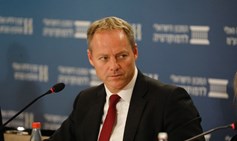
Is There Any Way Out of Israel's Never Ending Election Cycle?
Written By: Yohanan Plesner
As Israel prepares for the dispersal of the Knesset, which will lead to the fifth election in less than four years, CNN's Hadas Gold spoke with Yohanan Plesner to unpack what all this means
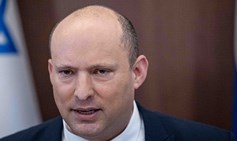
Israel's Worst Political Crisis Is Not Over
Written By: Yohanan Plesner
A fifth election in three years, is a clear indication that Israel’s worst political crisis did not end when this government was sworn into office.
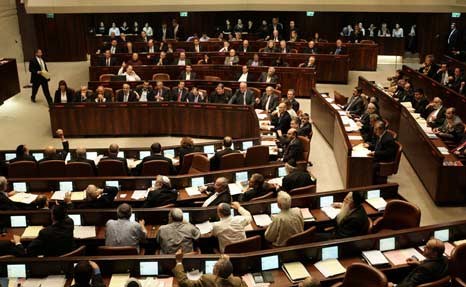
The Many Ways to Dissolve the Knesset 2022
Written By: Dr. Dana Blander
The unlikely coalition that survived thanks to the one vote has lost the parliamentary majority. Does this mean that the Knesset will disperse and new elections will be held? Dr. Dana Blander explains the different ways in which the Knesset can be dissolved and discusses the relationship between these mechanisms and government stability in a parliamentary system.
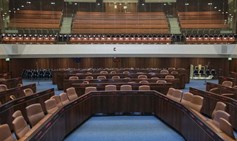
Minority Governments: Why Smaller Is Not Necessarily Worse
Written By: Dr. Assaf Shapira
In the wake of the latest political crisis - can a minority government prevent yet another election?

Prime Minister from a Small Party? Impossible? Well… There are Examples
Written By: Prof. Ofer Kenig
A government headed by a prime minister who leads small faction in the Knesset - how exceptional is such a scenario and to what extent is it prevalent in parliamentary systems? Prof. Ofer Kenig analyzes examples of parliamentary democracies where the prime minister hails from a small party.

Israel’s Political System is Broken. Here is How to Fix It.
Written By: Yohanan Plesner
Are the fourth national elections in less than two years due to political chaos or Prime Minister Netanyahu’s legal woes?

How Often are Elections Held?
Written By: Prof. Ofer Kenig
How often does Israel hold elections? On average every 2.3 years!
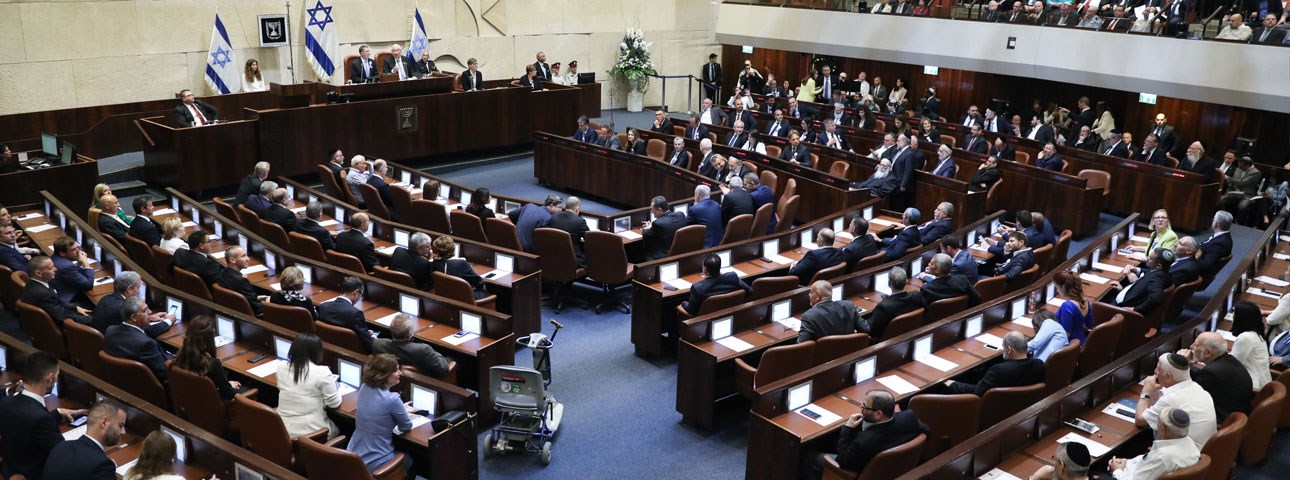
Disbanding the Knesset for Lack of an Approved Budget Makes No Sense
Written By: Dr. Assaf Shapira
This law, unique to Israel, was meant as an incentive to avoid budgetary deadlock. Today, it sows instability.

Has the Arab Spring Led to Democracy?
Written By: Prof. Ofer Kenig
Dr. Ofer Kenig, of IDI's Political Reform project, cautiously examines whether the events of the Arab Spring indicate the rise of substantial democracy in the Arab world or whether they merely exchanged one type of authoritarian regime for another—a non-liberal Islamic regime.
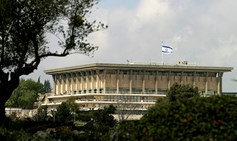
Requiem for the 18th Knesset
Written By: Prof. Ofer Kenig
Upon the announcement of early elections, IDI researcher Dr. Ofer Kenig reviews the performance of the 18th Knesset and wonders how it will be judged by history.

Fixing our Broken System
Written By: Dr. Arye Carmon
The Israeli public is increasingly demanding a more effective system of government. In this op-ed from Israel Hayom (February 2, 2012), IDI Former President and Founder Dr. Arye Carmon asserts that reforming the system of government is the only answer to stabilizing the executive so that a party that has been voted into power can actually govern, and points to two types of necessary change: structural and perceptual.

IDI President Dr. Arye Carmon on the Forum for Political Reform
Written By: Dr. Arye Carmon
In 2009, IDI Former President and Founder Dr. Arye Carmon established The Forum for Political Reform in Israel in response to "the urgent need to generate significant improvement in the capabilities and functioning of the Knesset." On March 28, 2011, Forum Chairman Meir Shamgar, Former President of the Israeli Supreme Court, submitted the Forum's recommendations to the Knesset. In this video interview, Dr. Carmon speaks about the Forum, its key recommendations, and obstacles to political reform in Israel.

Israel’s Stability Fetish
Written By: Dr. Jesse Ferris
Dr. Jesse Ferris places the upheavals in Egypt in historical perspective and argues that Israel should not be so quick to dismiss the chance, however slim, of more open government for its Arab neighbors.

Decade in Review: Israeli Governance in Crisis
Written By: Dr. Arye Carmon
IDI Former President and Founder Dr. Arye Carmon, one of Israel's foremost experts on political reform, sums up the Israeli political scene at the end of the first decade of the third millennium in an article that was published in collaboration with Walla!, a popular Israeli website.

IDI President Explores Israel's 'Silent Killer' and Calls for Political Reform
In an article by Dan Pine originally published in J.Weekly on November 5, 2009, IDI President Dr. Arye Carmon describes Israel's internal domestic developments as its greatest existential threats and stresses the urgent need for political reform.

Frequent Elections and Political Instability
Written By: Prof. Ofer Kenig
Israeli law calls for general elections every four years. However, recent Israeli governments have not survived a full term in office. In light of the 2009 elections, IDI Researcher Dr. Ofer Kenig, Knowledge Manager for the Israel Democracy Institute's website, explores the implications of frequent elections on the stability of Israeli democracy government.

